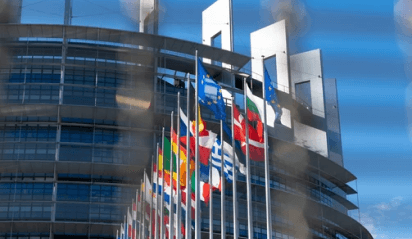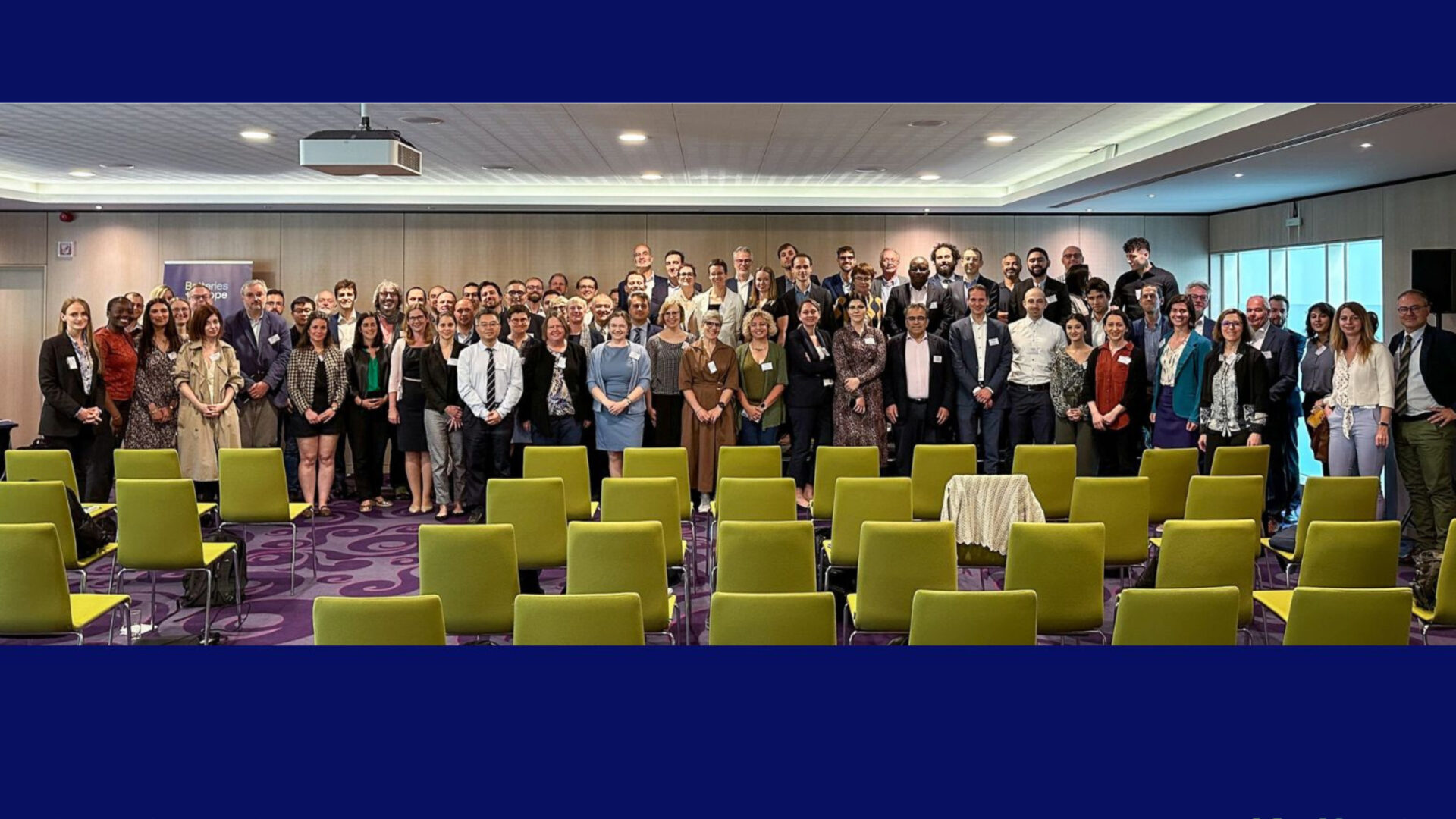20 November 2023:
On 13th November 2023, an informal agreement was reached between MEPs and the Spanish Presidency of the Council on the Critical Raw Materials Act (CRMA). The full text of the agreement is not yet available, but its content has been alluded to in press releases of the Parliament, the Council, and the Commission.
The CRMA seeks to address the EU’s dependency on critical raw materials through diversifying and securing the domestic and sustainable supply of critical raw materials. It creates two categories of raw materials: strategic raw materials, and critical raw materials (all strategic raw materials are also critical, but this does not apply vice versa).
In a Members’ Brief on the CRMA released in July 2023, a table of strategic and critical raw materials identified as relevant for flow batteries can be found. The brief is available to FBE members in the FBE Members Area.
Main elements of the informal agreement
The list of strategic raw materials was expanded to include aluminium; it would now contain 34 critical raw materials in total, of which 17 are classified as strategic. Synthetic graphite will also become a strategic raw material for a period of 3 years (until the Commission first revises the list), joining natural graphite in being classified as such. Graphite is an active storage material in flow batteries.
One further feature of the Commission’s CRMA proposal were the benchmarks to be met in relation to strategic raw materials by 2030. The informal agreement maintains the targets for the EU to extract 10% and process 40% of its annual consumption of strategic raw materials by 2030 but increases the target for EU recycling capacity from 15% to 25% of EU annual consumption of strategic raw materials. The target to diversify EU imports of strategic raw materials remains unchanged: that the EU’s annual consumption at any relevant stage of processing does not rely on a single third country for more than 65% of EU annual consumption.
The informal agreement also raises the time limits set out in the proposal for the duration of the permit granting process for Strategic Projects, from 24 months to 27 months in respect of projects involving extraction, and from 12 months to 15 months for projects involving processing or recycling.
Next steps
The agreement will now be put to a vote in the ITRE Committee on 7th December 2023; it will then need to be approved by both the Parliament and the Council to become law. FBE will continue to follow the development of this legislative file, and support efforts to secure the domestic and sustainable supply of raw materials used in technologies crucial for the clean transition like flow batteries.






